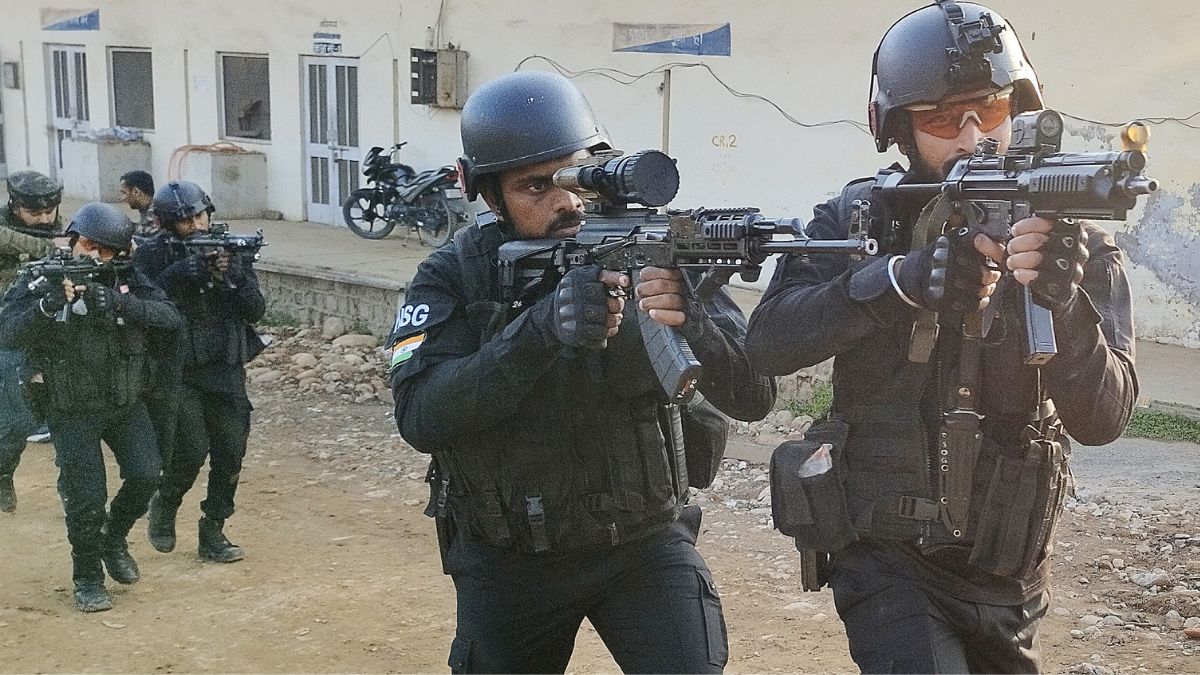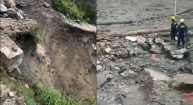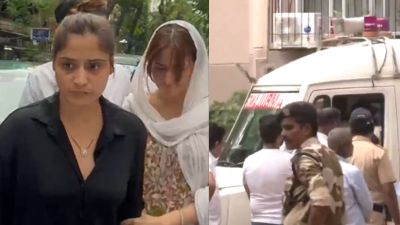As the situation between India and Pakistan becomes more tense, the Union Home Ministry has decided to hold mock drills in 244 districts across India on May 7. These drills are meant to prepare people for emergencies. The government said these civil defence exercises will happen in several states, including Delhi, Uttar Pradesh, Odisha, and West Bengal. Here we provide you the full list of the districts where the mock drills will be conducted on Wednesday.
What Is a Civil Defence Mock Drill
Civil defence mock drills are practice exercises that simulate emergency situations to help civilians, government agencies, and emergency services get ready for possible dangers, especially in war-like situations such as missile strikes, air attacks, or other hostile events.
Here’s The Full List Of Districts
MHA has instructed 244 district to conduct Mock Drills.
List of Districts to conduct #mockdrills pic.twitter.com/J8NqvIregF
---Advertisement---— IPO Reporter (@IpoReporter) May 6, 2025
The mock drills will include quick power blackouts, covering up important buildings and factories to hide them from possible attacks, and practicing how to safely evacuate people in case of an emergency.
Civil Defence Mock Drill On May 7
On Monday, the Ministry of Home Affairs directed all states and Union Territories to conduct civil defence mock drills across 244 designated districts, including those identified as vulnerable to various threats, on Wednesday. This large-scale exercise is likely to evoke memories of past full-scale wars, with China in 1962 and Pakistan in 1965 and 1971. The purpose of the mock drill is to test and strengthen the preparedness of India’s civil defence machinery in the event of a potential attack or war. The following are the motives of the mock drills.
- To test the effectiveness of air raid warning systems
- Check and sort activation of Hotline and Radio Communication Links with the Indian Air Force for seamless coordination
- Functionality testing of the main and backup (shadow) control rooms for crisis response
- Training civilians, students, and others in civil defence protocols to safeguard themselves during hostile attacks
- Implementation of crash blackout procedures to minimise visibility during emergencies
- Early-stage camouflaging of critical infrastructure and installations to protect them from enemy detection
- Verification of Civil Defence services, including warden duties, firefighting, rescue operations, and depot management
- Updation of the CD Plan & its rehearsal
Updation of the evacuation plan & its rehearsal - Cleaning of bunkers, trenches, etc.
- Assessment of crash blackout readiness and effectiveness
- Evaluation of evacuation plans and their practical execution during simulations












